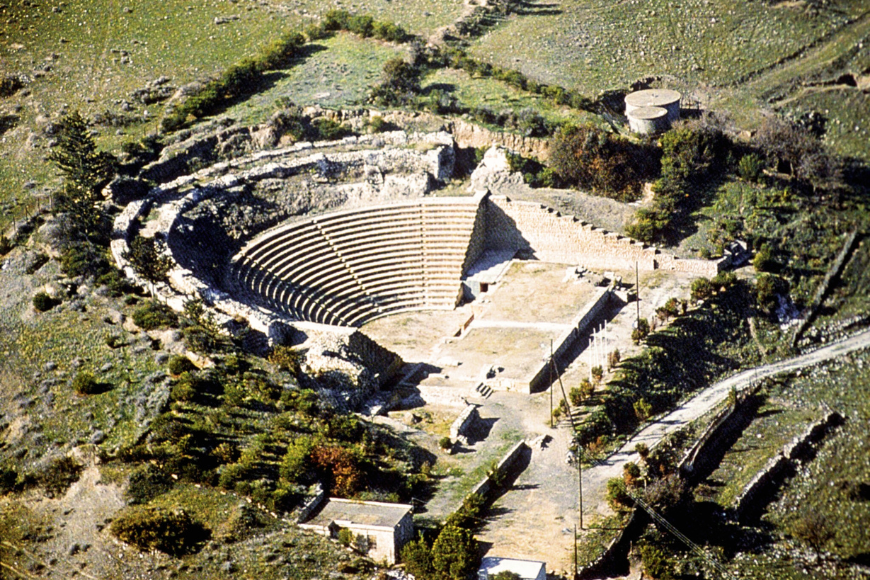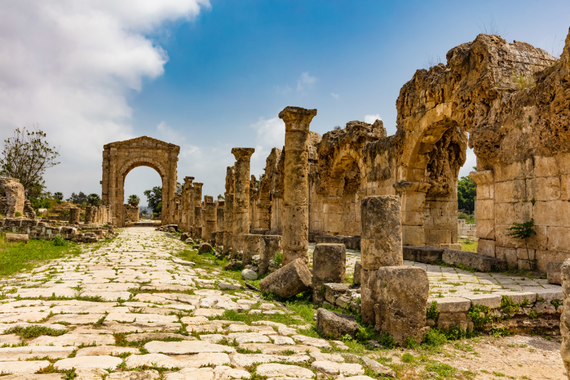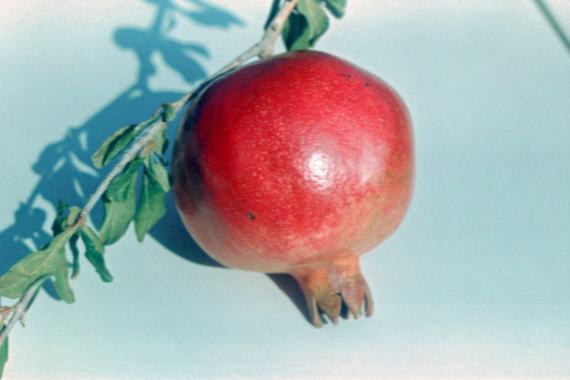Recent Books from S. Douglas Olson
Eustathius of Thessalonica, Commentary on the Odyssey. Volume I
From Brill: "In this series, Eric Cullhed (University of Uppsala) and S. Douglas Olson (University of Minnesota) combine to provide the reader with a new critical edition of the Greek text of Byzantine scholar and rhetorician Eustathius of Thessalonica’s Commentary on the Odyssey, composed during the latter half of the twelfth century CE. A much desired facing English translation of the Commentary is included as well. Eustathius’ commentary collects material from a wide range of sources which explain or expand on words, phrases and ideas in the Homeric epic. His original comments are blended with extracts from earlier commentators, especially the Homeric scholia. The text is also an important source for fragments of lost works of ancient literature, for the history of exegesis and lexicography, and for Byzantine cultural history. Full critical, citation and source apparatuses are included. This publication is also available online."
Page and Stage: Intersections of Text and Performance in Ancient Greek Drama
From DeGruyter: "Our knowledge of the ancient theatre is limited by the textual and iconographic character of the evidence available to us: we cannot watch or otherwise experience an Athenian tragedy or comedy. These essays, by a distinguished group of international scholars, bridge the gap between the surviving literary and iconographic evidence and the realities of performance on the ancient Greek stage. This ambitious goal is reached by means of a detailed examination of several case-studies: the construction of dramatic space in Sophocles’ Antigone; the significance of the use of deictic pronouns in Sophocles’ Trachiniae; the theatrical and religious dynamics of the appearance of divine figures on stage; the relationship between the victory celebrations at the end of Aristophanic comedies and their counterparts in the after-performance real world; the investigation of nude or semi-nude female characters in Aristophanes; the staging of Clouds and the opening scene of Acharnians; the meditation on the metapoetics of the use of props in 5th-century comedy; the relationship between performance context and text through a close reading of a number of Aristophanic fragments; the way the scholia vetera on Frogs imagine and use questions of staging practice; and the potential Aeschylean authorship of some of stage-direction traceable in Aeschylus’ Eumenides and Diktoulkoi."
Fragmenta Comica: Antiphanes
From Vandenhoeck & Ruprecht: "Antiphanes is one of the most important writers of the Middle Attic comedy. His plays deal with matters connected to mythological subjects, although others referenced particular professional and national persons or characters, while other plays focused on the intrigues of personal life. This volume contains an introduction, a critical text, translation and complete philological, literary and historical commentary on the testimonia and fragments (fr. 1 – 100; Agroikos/The Rustic – Ephesia/The Girl of Ephesus) of Antiphanes."



